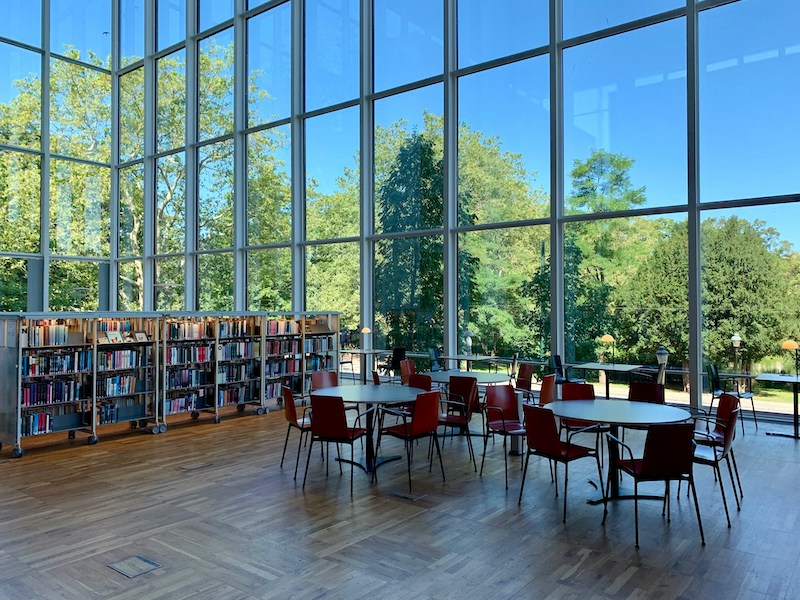Featured in

- Published 20110301
- ISBN: 9781921656996
- Extent: 264 pp
- Paperback (234 x 153mm), eBook

Already a subscriber? Sign in here
If you are an educator or student wishing to access content for study purposes please contact us at griffithreview@griffith.edu.au
Share article
More from author

The inspirations of radical nostalgia
There is nothing natural or inevitable about the ‘decline’ of history and the broader arts and humanities, any more than there is the destruction of nature. Neither are passive or natural processes; both occur as a consequence of deliberate decision-making made in accordance with ideological preferences, usually supporting the material objectives of the vested interests that systematically corrupt our democracy and society.
Redeeming universities and other public institutions requires sustained political effort. The decline of academic history can be reversed through ending the ideological sway of neoliberal managerialism in universities, the allocation of reasonable levels of resourcing, and the provision of job security and professional autonomy to sufficient numbers of historians, plus time and space to learn for their students. Loss of historical consciousness, unlike extinction, need not be forever. With air returned to their lungs once more, the disciplines preoccupied with human purpose and meaning, fostering habits of critical thinking, are amenable to full resuscitation.
More from this edition

Two quarrels
GR OnlinePLATO TELLS THIS story.[i] Set in 433 BCE, it has as its backdrop an Athenian city-state at the peak of its renown and yet...

From what I hear
FictionBUT WHAT IF the cops see us?But what if you run out of money?But what if you miss your bus?But what if it rains...

The drought breaks, July 2010
PoetryAgain clouds balloon across the sky,Restoration ladies lifting swelled skirtsto piss in casual passingon the mud-running gutter of creeks.Daisies dash across the plainand dribble...